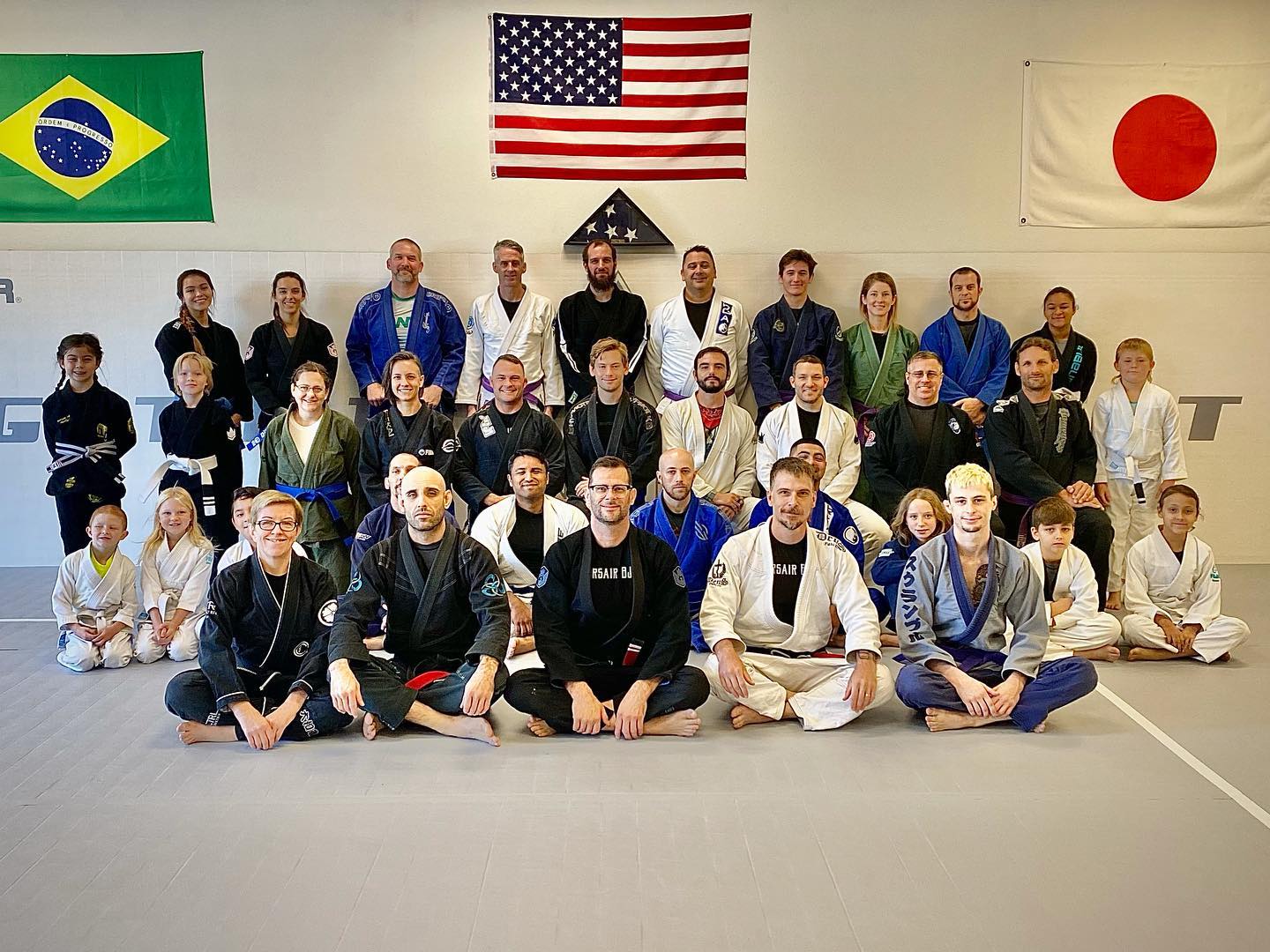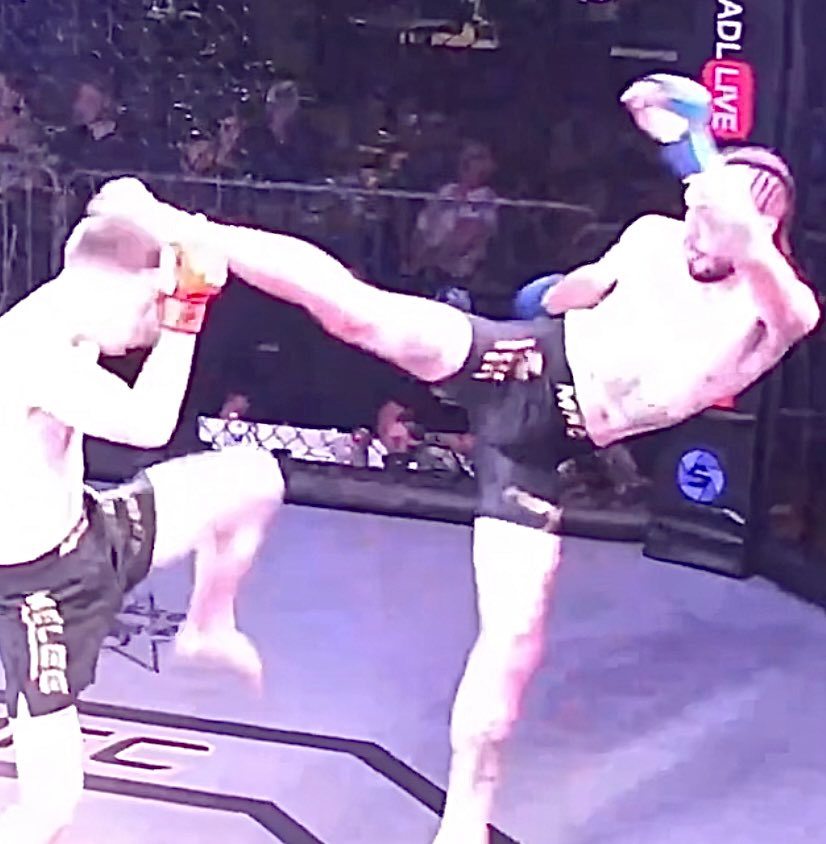As a veteran gym owner who has witnessed the evolution of Brazilian Jiu Jitsu (BJJ) more »
As a veteran gym owner who has witnessed the evolution of Brazilian Jiu Jitsu (BJJ) over the past decade and a half, one concept that has always intrigued me is loyalty. In the world of BJJ, loyalty is often viewed as a cornerstone value, but it is also shrouded in controversy and misconceptions. Today, I want to shed light on the importance of loyalty and challenge the outdated notion of “creonte,” while emphasizing the significance of remaining loyal to those who have supported you throughout your BJJ journey.
In the BJJ community, the term “creonte” has gained notoriety. Originally coined by Grandmaster Carlson Gracie, it refers to someone who switches teams or affiliations, allegedly betraying their former teammates and instructors. While it is important to respect the historical context, we must acknowledge that the BJJ landscape has significantly changed since then. The global growth of the sport, the formation of new academies, and the rise of professional athletes have given birth to a more dynamic environment. Also, loyalty shouldn’t just be a loyalty to one’s professor and team. Loyalty should go both ways and the team/professor should support his/her students and affiliates equally.
Evolution and Growth
Change is inevitable, and as BJJ practitioners, we must adapt to the evolving nature of the sport. Loyalty should not be measured solely by the number of years spent at one academy or under one instructor. People grow, change, and have different goals and aspirations. It is essential to recognize that these shifts are often driven by personal growth, geographic constraints, career opportunities, or the desire to explore new training methodologies.
True loyalty goes beyond the physical walls of a gym or the colors on a uniform. It resides in the heart and actions of individuals. Loyalty is about respecting and appreciating the people who have supported you throughout your journey, regardless of the team or affiliation they represent. It means valuing the bonds forged on the mats, the shared experiences, and the mutual growth that comes from training together.
When we talk about loyalty, it is crucial to acknowledge the value of the support we receive from our coaches, training partners, and teammates. These individuals invest time, effort, and knowledge in our development, both on and off the mats. Loyalty towards those who have guided and nurtured our growth for years is not only a matter of respect but also an opportunity to honor their commitment and dedication. Those who appear to get what they need from one source then cut ties, switching to a new professor/team/affiliation run the risk of being seen as unappreciative and even disrespectful. If you find yourself in a similar situation, keep in mind that there way of making these moves that still pay homage to those who built you up. Continue to show them gratitude for all they have done, both privately and publicly. If you’re a gym owner who has switched affiliations, make it known that you are where you are because of the support of your previous team as well as your new team.
The BJJ community is a rich tapestry of individuals from diverse backgrounds, united by their passion for the art. Embracing loyalty allows us to foster a stronger and more cohesive community. Rather than focusing on divisions and rivalries, we can celebrate the interconnectedness of our journey, recognizing that loyalty does not have to be exclusive to one particular group. We can form bonds and friendships with practitioners from various teams and affiliations while maintaining gratitude towards those who have played a significant role in our development.
Let us challenge the outdated notion of “creonte” and embrace a broader understanding of loyalty, one that encompasses personal growth, geographic constraints, and the exploration of new opportunities. By fostering a sense of unity and gratitude, we can build a stronger BJJ community that thrives on mutual respect and collective growth.














